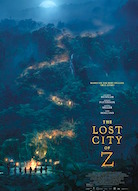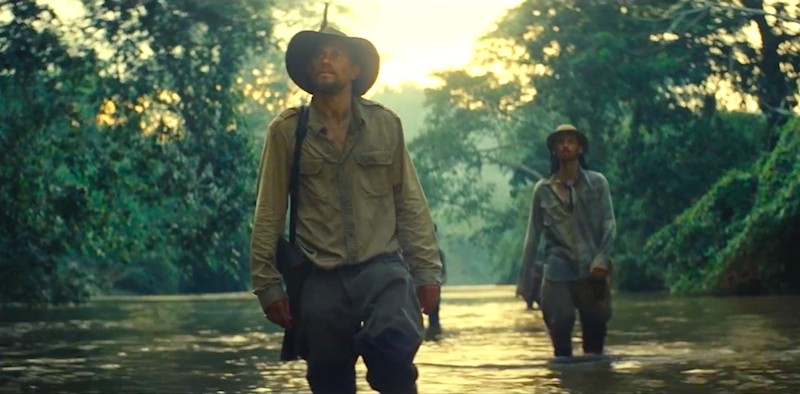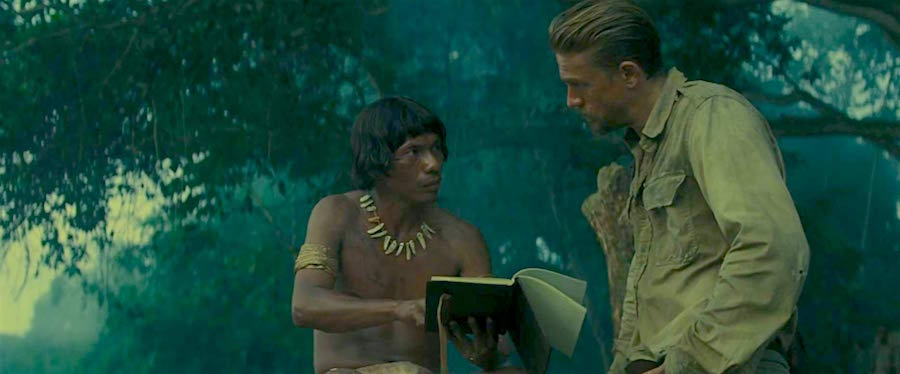 by Chris Feil
by Chris Feil
A sprawling, formally immaculate epic like James Gray’s The Lost City of Z is a rare enough to seem like a novelty these days, and Gray’s rendering makes the film feel no less precious. It plays almost like a delicate jewel box on the screen, as if any minute it will crumble to our modern touch. Z looks and breathes of a bygone era.
Charlie Hunnam stars as Colonel Percival Fawcett, an unheralded military man who rises to prominence for exploring the uncharted Amazon in the early 20th century. His first expedition leads to an obsession when he discovers signs of an ancient ruins, suggesting a developed civilization previous undiscovered by western eyes. Fawcett’s three increasingly less successful journeys could be seen as indicative of the virtue or punishment of an obsessive goal, depending on your vantage.
While the film’s trajectory is familiar to epics over the most recent decades, what sets the film apart is its complex emotional terrain...

As much as Gray portrays Fawcett’s plight as noble, he provides as much room for notions that he is deluding himself. Hunnam plays his drive as compulsory, rooted in his deep need to prove himself - his playing of the man’s righteous and humbled dualities is his best work to date. Robert Pattinson’s dutiful right-hand man Henry Costin is all not-so-blind faith, ever aware of the physical and mental labors to service another’s ambition. As Fawcett’s innocent bystander wife Nina, Sienna Miller provides the film’s emotional compass, a raw nerve of stifled longing and aching hope.
Gray himself feels closer to his subject than his previous films, the betrayal of Fawcett’s allies and proficiency outside of the social and organizational hierarchy having their own parallels to the director. It’s hard to deny the more intense connection towards his protagonist than he’s ever afforded, Fawcett’s aims always written as a nobler, elemental cause. It actually does wonders for the chilly distance that his film’s have had.

However, The Lost City of Z is sibling to Gray’s The Immigrant in more ways than one. The rather stately narratives appear beige on the surface, but have more surprising themes that emerge on the fringes. Here Gray gives considerable thought to not only the personal costs of striving for a life’s goal, but also what is sacrificed by those standing in the shadow of our dreams. The final shots of both are richly evocative and quite similarly composed, but in Z we’re left with a more despairing feeling. Darius Khondji’s lensing is as pristine as ever, visually capturing the jungle without a repetitiveness that sometimes affects the film itself.
Often wondrous to look at, the film’s majestical design is packed to the frames limit without overwhelming the story. Similarly, Gray deftly handles tackles topical issues of racism and environmental responsibility without overplaying the allegory. If the film does repeat itself over its occasionally sluggish pacing, it does so with plenty to savor if your mind drifts.
One rigorous and gorgeous film, The Lost City of Z exhausts the body and soul.
Grade: B+